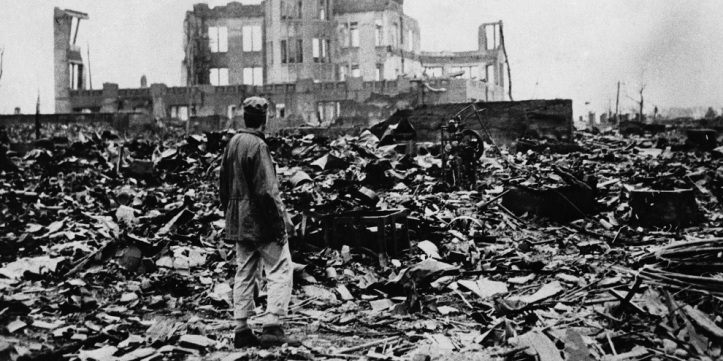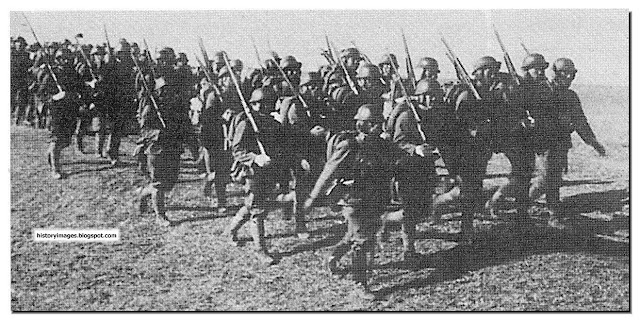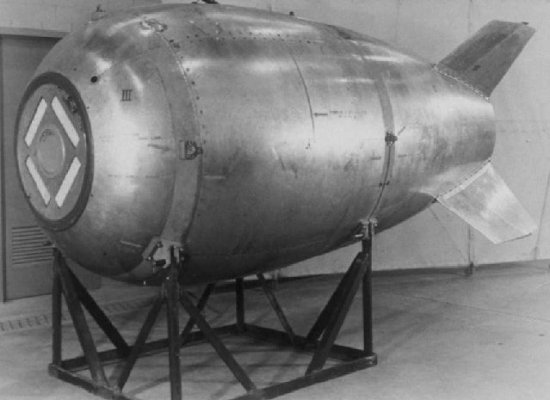The House of the Rising Sun
"I expected casualties, just not like this." - Douglas MacAurthur

Flag of Imperial Japan 1870-1948
"I expected casualties, just not like this." - Douglas MacAurthur
Flag of Imperial Japan 1870-1948
On September 13th, 1945 the Japanese War Cabinet convened in a bunker under Tokyo. There they met Emperor Hirohito and the meeting began. By the time it was over, nothing would be the same ever again. The Emperor quickly brought his thoughts to the table "We must come to terms with the unthinkable." he said. "The Americans are growing closer to our shores every day, bombing raids are growing ever more frequent as the days pass." A explosion rocks the bunker from overhead as to exemplify his point. "As the Emperor I wish to begin peace talks with the Americans and Soviets." the room became dead silent, then the Prime Minister, Kantaro Suzuki, stood with a stern look on his face "Emperor Hirohito, In the name of the Japanese people I hereby take control of the Japanese Government. Surrender is simply not an option at this point in time." The Emperor looked shocked "Prime Minister, you cannot do that! I am the Emperor and favored by the gods!" The rest of the War Cabinet stood and chanted "We stand by you Prime Minister Suzuki!" Then simultaneously bowed. Suzuki the motioned to the door and a pair of black figures came down the stairs. "Emperor, for your safety I have arranged for you to be put under house arrest for the time being." The Emperors shoulders slumped as he was led to his car by the men. Suzuki then moved to the front of the room and raised his fist into the air "No Surrender!". The Cabinet soon followed, the Military was in full control.

Prime Minister Kantaro Suzuki
By 1945 Japan was on the short end of the stick. The American Island Hopping Campaign was taking Islands faster than previously thought, Their Navy was all but destroyed and incapable of defending the water around Japan, Its Air Force had resulted in suicide bombing American ships and on top of all of that, the Russians had overrun Manchuria and Korea. The US Air Force was running regular bombing raids on the Japanese mainland from bases in Ryuku Island chain. In all, Japan was on its last legs and even those were wobbly. After the coup Suzuki banned all non-military radio broadcasts from Japan and did not inform anyone, not even his own people, about the seizure of power. Allied peace offers were rejected or flat out ignored and Japanese intelligence picked up more info about a supposed invasion from Kyushu so the Army rose to meet them, when and if they came. The gradual concentration of men was brought to a screeching halt when the Americans dropped a terrifying new weapon on Niigata on August 6th, then Kyoto three days later, completely destroying both cities.

The most iconic picture from Kyoto. A man looks on upon the ruins of his house and city.
After the initial shock wore off Suzuki wasted no time in blasting the Americans for the bombings, calling them "barbarians" and "dishonorable". Karachi Anami, the Minister of the Army, issued pictures of the bombing with "Do you want this to be your home?" Written on the back to inspire troops. He also formed the Patriotic Citizens Fighting Corps which was a group of armed citizens that were to aid in the defense of Japan in the event of an invasion. Another Allied peace offer was made and the Japanese again, stubbornly refused. The Invasion was green lit only 4 days later to begin on November 1st, 1946. The Americans began to prepare for a invasion that was undoutably the most important in History. The Japanese began making defenses to, right were the Americans were due to land, no matter how it was put, it was going to be bloody.

Japanese Troops in Kyushu
The Day the World Ended
Last edited:



